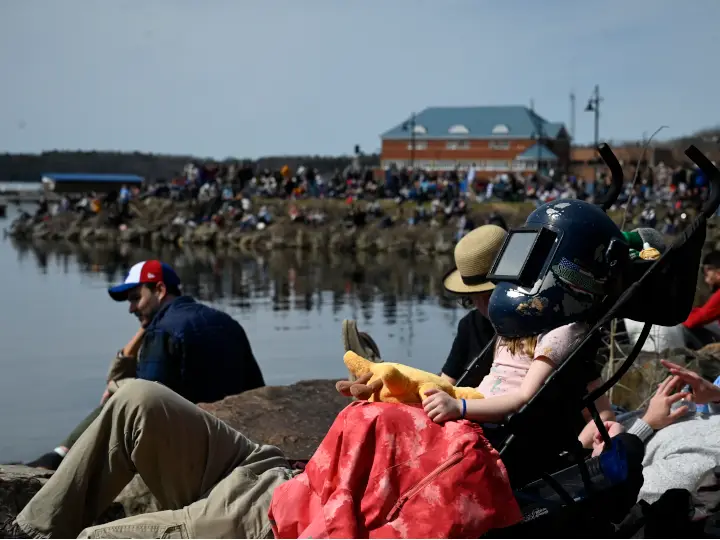He’s been to shelters, he has a case worker, doctors will help him—but how much longer can he wait? Meet Billy, one of the many sources informing “Cambridge Unhoused,” who sells Spare Change News in Central Square
Cambridge Unhoused is a series of articles, columns, explainers, and informational graphics by the Boston Institute for Nonprofit Journalism documenting homelessness funding and services in Massachusetts with particular attention paid to Cambridge. Since the topic is complex and ever-changing, we are publishing multiple short focused pieces that highlight specific issues or stakeholders but that also connect with other coverage for this project. Media produced for the Cambridge Unhoused series is distributed through the MassWire news service of BINJ and can be found together at binjonline.org.
We have promised throughout our Cambridge Unhoused series to avoid tokenizing individuals escaping homelessness. Commercial media produces enough superficial poverty porn, especially around this time of year, and we are focused on the bigger picture. The approach is already yielding results, with municipal administrators and service providers pledging to restart long-stalled discussions about bridging chasms between neighboring communities. As we reported via Cambridge Day and other partners, that lack of coordination hampers efforts to help the unhoused.
While no single person’s story necessarily reflects the rest, our work is informed and guided by innumerable individuals, many of whom our reporters have met on the margins around Cambridge over the past several months. But unlike the spared souls who win apartment lotteries and wind up on the five o’clock news, there doesn’t seem to be much luck coming to people we meet—people like Billy Meyer.
I first met Meyer in October. At the time, he’d been crashing on park benches and in ATM booths around Camberville for four months. Like others facing a similar situation north of the Charles River, he found the grind of street life down in Boston proper to be rougher, largely due to the persistent presence of hard drugs and the residual violence they bring. He rides the Red Line into Chinatown on rare occasions when he has enough money saved up to crash in a clean hostel for a night, but otherwise prefers to mind his own business in Cambridge, where strangers generally leave him alone.
Meyer, who is in his late-fifties and in poor health, explained that his last home was in Bangor, Maine—first under a roof, then in the elements after his partner was killed. He said that as a gay man, he found the public and community response up there to be colder than the weather, and so he came to Massachusetts earlier this year looking for refuge. It’s been hard to find. He’s been to shelters, but said “they’re not good places.” He’s seen doctors who might be able to relieve pressing health problems, but they can’t operate until he has a much more stable living situation for recovery. And while Meyer secured a case worker through the Lexington-based Eliot Community Human Services, he’s still stuck in limbo on multiple waiting lists—and on the street.
That’s where I encountered him again on Monday—specifically, in front of Cambridge City Hall, selling the new edition of Spare Change News. The issue includes two articles from our series, one of which directly addresses the inter-city bureaucracies that impede people like Meyer from getting the permanent housing they need. He had read them, and told me that despite the unbearable nightmare of waiting through increasingly bad weather, he still has hope. He recently ordered two used Lego sets—of the White House and the US Capitol Building—to store with his case worker for when he finally gets a place of his own to build them.
In the meantime, on Monday, Meyer was hoping to sell enough copies of Spare Change to pay his monthly cell phone bill (you can help him here). Beyond that, he’s trying to figure out how someone like him can get housed in this region.
It’s the same goal we have in reporting this series.
This article is syndicated by the MassWire news service of the Boston Institute for Nonprofit Journalism. If you want to see more reporting like this, make a contribution at givetobinj.org







